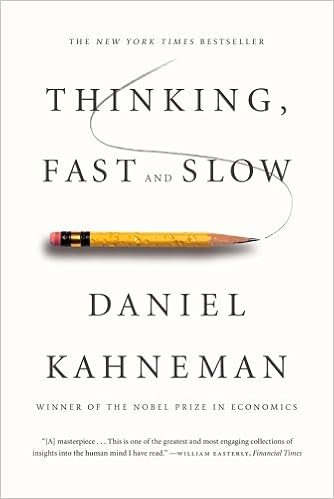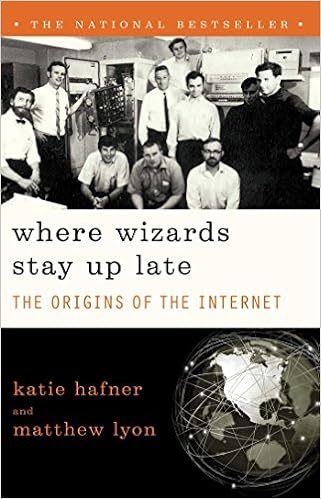It often comes up in tech circles that engineers and founders ask for advice on what non-technical books to read that aren’t simply fiction. Here are some personal recommendations for your summer reading list that aren’t deeply technical (unlike some books) but are still informative (like some books 😀).
Thinking, Fast and Slow
Thinking, Fast and Slow by Daniel Kahneman is fantastic, although it is not always an easy read. Persevere and you will be rewarded by the later chapters. You’ll see this recommended a lot and it’s clear why. I found a lot of useful ideas on decision making, psychology, statistics and entrepreneurial endeavours within it. There is a great section that explains the pros and cons of optimism, and how to conduct a pre-mortem to find problems in a plan.
The Master Switch
The Master Switch by Tim Wu is a very interesting read, charting the rise of various communication technologies and the problems with regulatory capture. If you understanding the history of tech then you can better understand what the future holds, as events tend to repeat themselves.
Big Data
Big Data by Viktor Mayer-Schönberger and Kenneth Cukier contains some good case studies of how big data and machine learning have been used to great effect. These areas are only going to get more prominent, so it is prudent to understand the basics, and more importantly, the limitations.
Start It Up
Start It Up by Luke Johnson has lots of advice straight from the keyboard of a serial entrepreneur. There are plenty of good lessons to be learned within it but it clearly comes from the point-of-view of someone who has been lucky and successful. Keep in mind the lessons from Thinking, Fast and Slow too.
The Selfish Gene
The Selfish Gene by Richard Dawkins is a classic. Indeed, it is over 40 years old. Yet, it still provides some astute insights. The premise is that the basic unit of replication is not the individual organism, even though it often appears that way. This book is also where the term meme comes from.
Where Wizards Stay Up Late
Where Wizards Stay Up Late by Katie Hafner and Matthew Lyon charts the origins of the internet, as the subtitle suggests. It shows how the modern internet grew from the original ARPANET and covers the people involved in more detail than The Master Switch. It is humbling to think of how many huge companies are built on the shoulders of these giants, who gave their creation away for the good of everyone.
If you have any other book recommendations along a similar line then let me know. Happy summer reading!





